 Low serum magnesium levels are linked to an increased risk of suffering a stroke, according to a study published in the January issue of Stroke. Peripheral artery disease, or peripheral vascular disease, refers to diseases of the arteries and veins of the extremities, especially atherosclerosis with narrowing of the arteries. Researchers conducted the study to see if magnesium levels were associated with stroke risk in patients with peripheral artery disease. The study authors followed 323 patients with symptomatic peripheral artery disease and intermittent claudication (www. age was 68 years) for 12 to 25 months. Thirty-five of the subjects (11%) developed neurologic events such as strokes. Subjects who had the lowest magnesium serum levels had triple the risk for stroke and other harmful neurologic events compared to the patients with the highest serum magnesium levels. This study showed that magnesium deficiency played a role in the constriction of arteries and enhanced injury to the cellular tissues lining the blood vessels, opening the door to the development and progression of atherosclerosis. The researchers noted that the results favor the administration of magnesium to patients with advanced atherosclerosis. Reference: Amighi J, Sabeti S, Schlager O, Mlekusch W, Exner M, Lalouschek W, Ahmadi R, Minar E, Schillinger M. Low serum magnesium predicts neurological events in patients with advanced atherosclerosis. Stroke. 2004 Jan; 35(1): 22-7. Epub 2003 Dec 04 Foods High in Magnesium
Squash, Pumpkin, and Watermelon Seeds, Cocoa Powder (Dark Chocolate), Flax, Sesame Seeds, and Sesame Butter (Tahini),Sunflower Seeds, Brazil Nuts, Almonds and Cashews (Mixed nuts, Pine Nuts), Molasses, Dry Roasted Soybeans (Edamame)
0 Comments
Here is a list of delicious and healthy ingredients to incorporate into your meals: 1. Coconut OilCoconut products offer an array of health benefits, and coconut oil is a great oil to use for cooking, or it can be added to smoothies, oatmeal, and other dishes. Coconut oil offers antimicrobial, antibacterial and anti-cancer properties. It improves digestion, nutrient absorption and intestinal health. It provides cardiovascular benefits and helps manage Type 2 Diabetes. Coconut oil promotes kidney and liver health and supports the immune system. It also benefits metabolism, energy, and weight management. Coconut oil had a bad reputation for a while primarily because it is composed of saturated fat, which we are told to stay away from. However, the saturated fat in coconut oil is different from that in animal products. The fatty acids in coconut oil are medium-chain triglycerides, which are easily metabolized and used as energy by the body. Research suggests that these fatty acids may boost your metabolism, promote weight loss, and increase HDL, the good, protective cholesterol in your body. 2. NutsNuts are very diet-friendly and are loaded with a ton of amazing nutrients, healthy fats, and protein. Nuts are one of the best sources of alpha-lenolenic acid, a type of heart-healthy omega-3. Omega-3s offer numerous health benefits from lowering cholesterol to disease prevention. They are also rich in L-arginine, an amino acid that has been shown to boost immune function, promote wound healing, improve blood vessel function, and help manage cardiovascular disease. Additionally, nuts contain soluble fiber and Vitamin E. Fiber helps lower cholesterol and glucose levels while Vitamin E is a powerful antioxidant. Vitamin E is essential for proper immune function, healthy skin, and DNA repair. Some of my favorites are almonds, walnuts, and brazil nuts. Try them in smoothies, nutrition bars, salads, trail mix, or alone. Nut butters are another delicious way to enjoy this nutrient-dense food. 3. AvocadosAvocados are fantastic fruits with tons of nutritional benefits. They are an excellent source of glutathione, a powerful antioxidant that helps cleanse and protect your body by detoxifying, removing heavy metals, and fighting free radicals. Glutathione helps maintain a healthy immune system and slows the aging process. Avocados are rich in folate, which has been shown to decrease the incidence of heart disease and stroke. They are also the best fruit source of Vitamin E, which protects against many diseases and helps maintain overall health. Not only are avocados packed with nutrients, but studies have shown that certain nutrients are absorbed better when eaten with an avocado. Enjoy an avocado on a sandwich, in a salad, blended into a smoothie 4. SeedsSeeds, like nuts, contain a number of heart healthy properties. They offer beneficial fiber, omega-3 fatty acids, and protein. Seeds are also packed with health-promoting minerals such as magnesium, selenium, and zinc.
Some great seeds to include in your diet are flax seeds, chia seeds, pumpkin seeds, and sunflower seeds. Chia seeds, in particular, are considered a superfood due to their extremely high nutrient profile. They are super rich in omega-3s, even more than flax seeds. Plus, they are loaded with powerful antioxidants, fiber, magnesium, phosphorous, manganese, copper, iron, and zinc. Seeds can be enjoyed many ways. They are great in smoothies, baked goods, nutrition bars, salads, trail mix, yogurt, and other foods. Original sources: http://www.mindbodygreen.com/1-7592-1/fats-that-dont-make-you-fat.html http://www.hungryforchange.tv/article/fats-that-dont-make-you-fat |
New Patient SpecialArchives
July 2024
Categories |
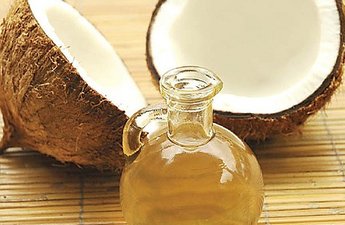
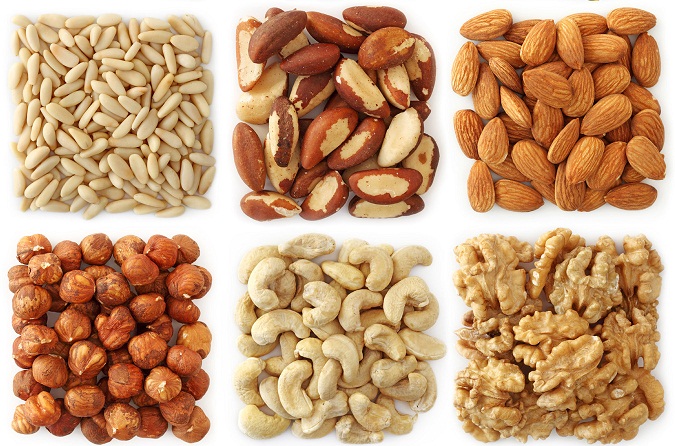
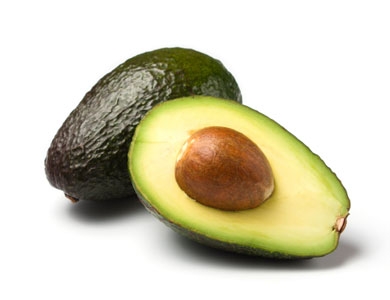
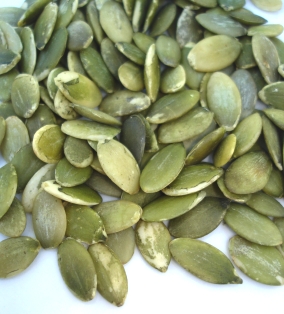
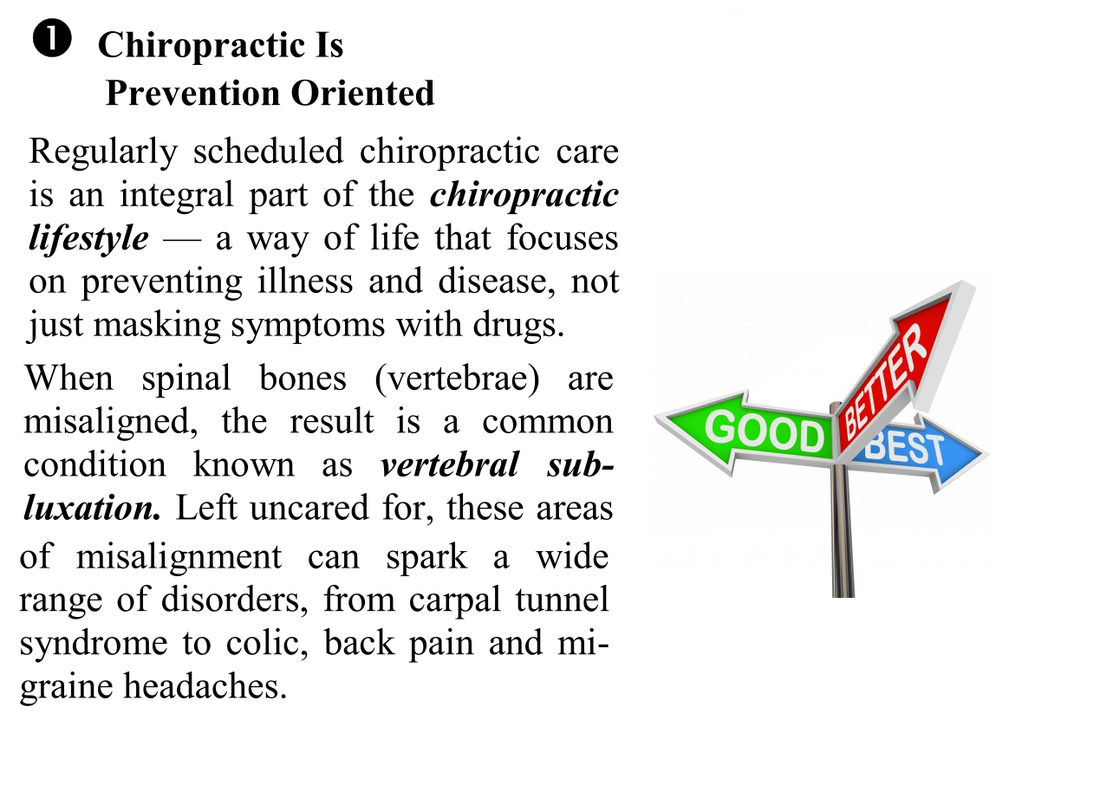

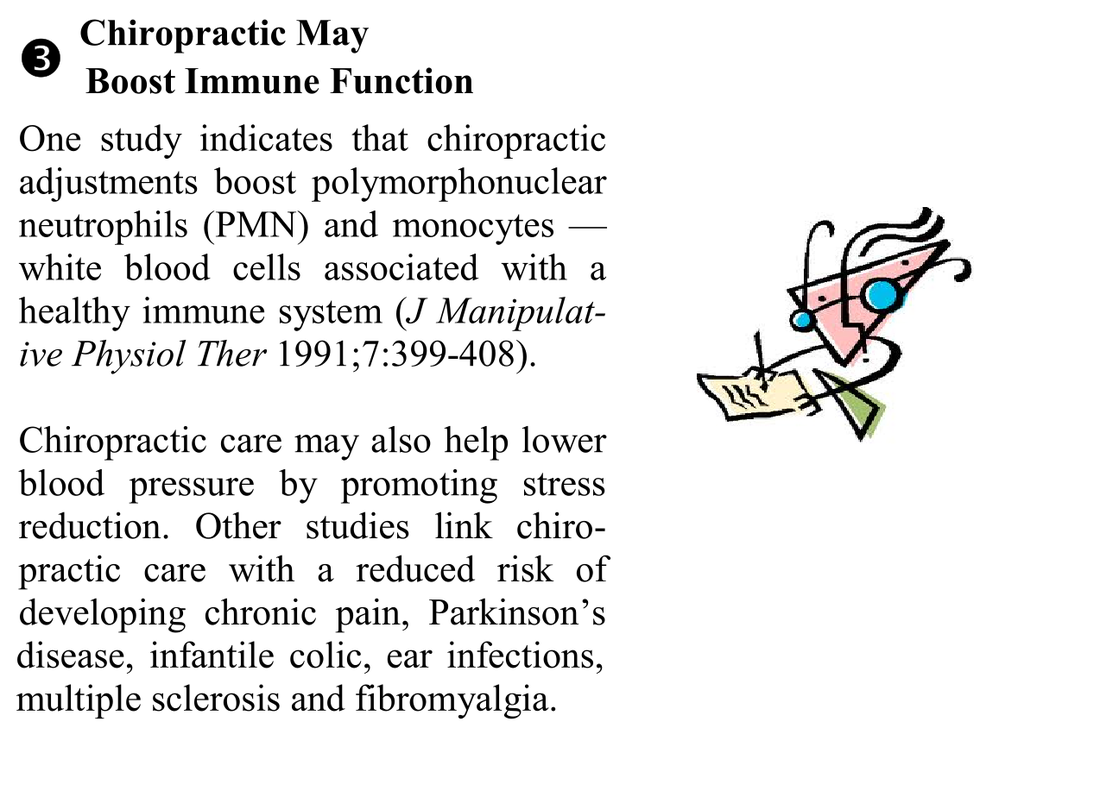

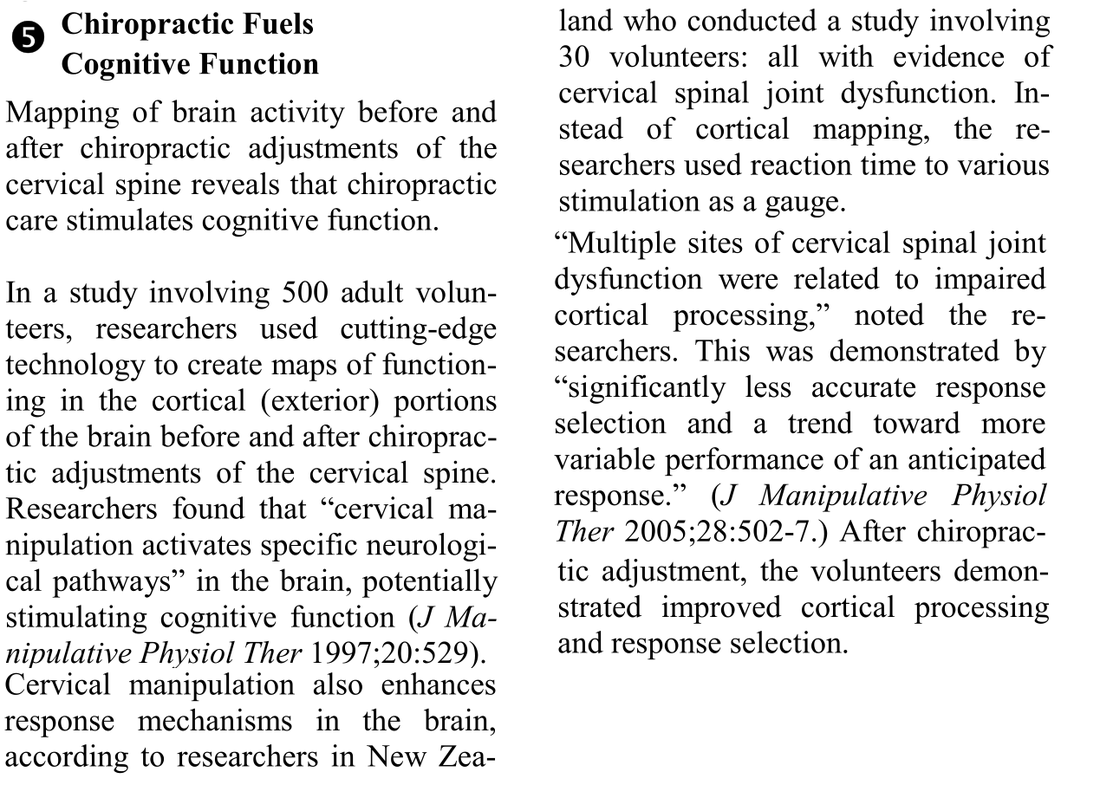
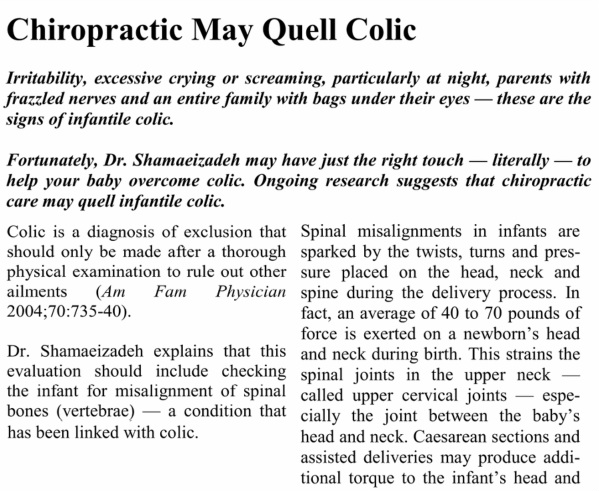



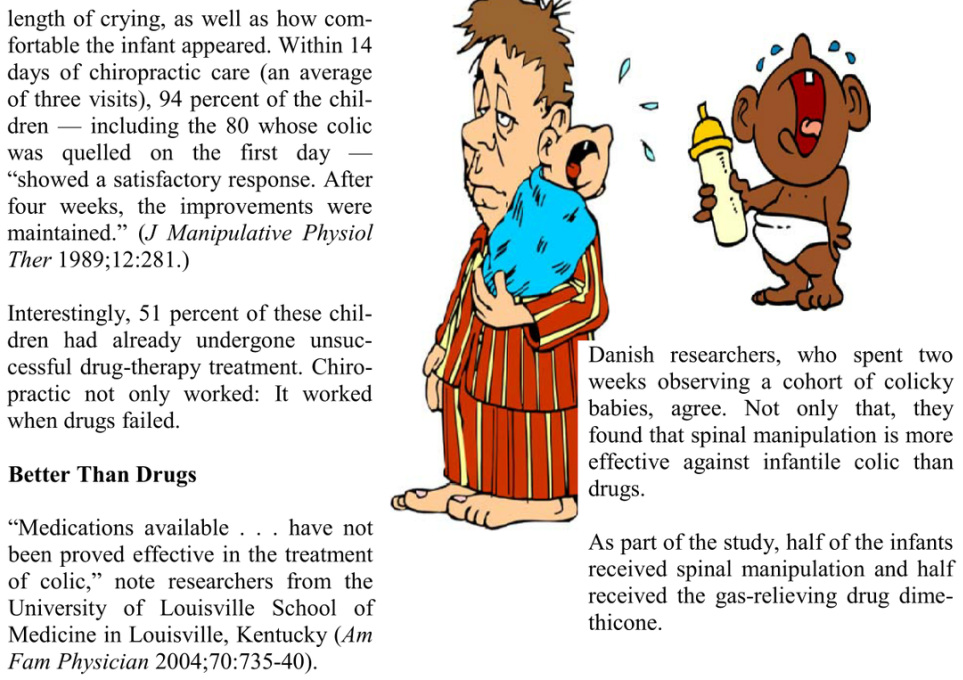

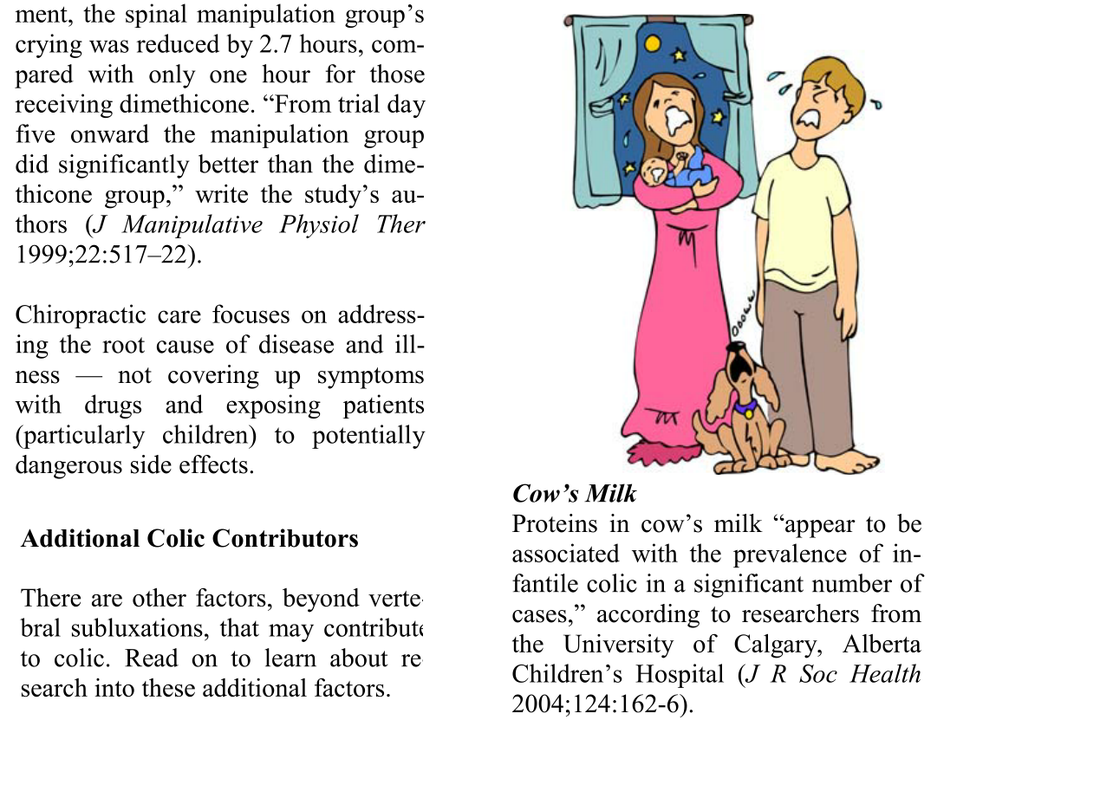

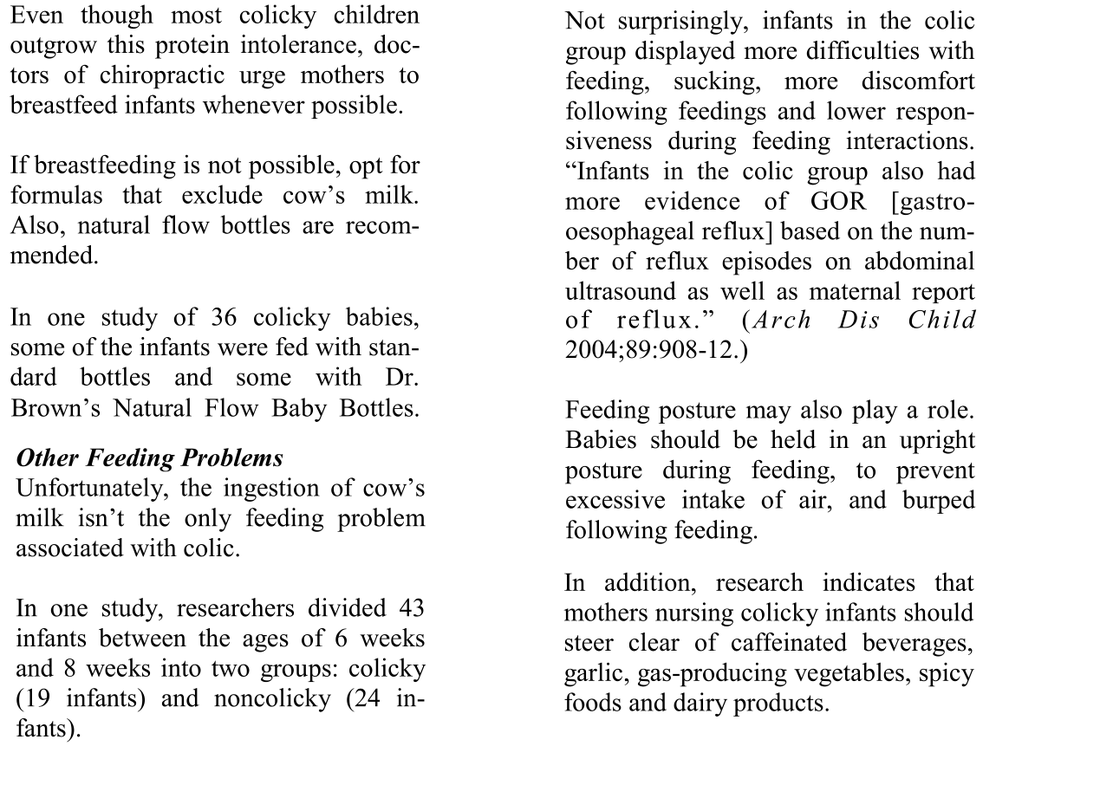


 RSS Feed
RSS Feed
